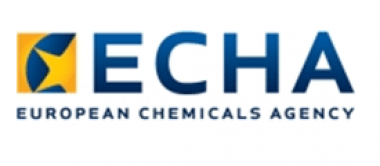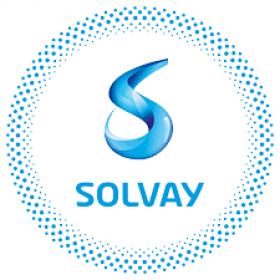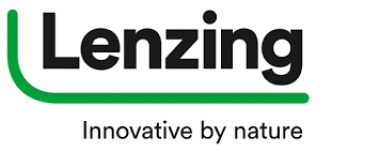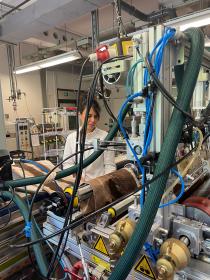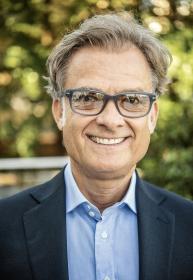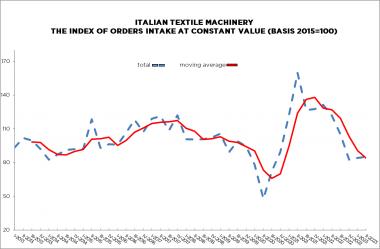ECHA: Research needs for regulating hazardous chemicals
The European Chemicals Agency (ECHA) has published a new report on ‘Key areas of regulatory challenge 2023’ that identifies areas where research is needed to protect people and the environment from hazardous chemicals. It also highlights where new methods, that support the shift away from animal testing, are needed.
To further improve chemical safety in the EU, scientific research needs to deliver data that is relevant to regulating chemicals. In order to enhance the regulatory relevance of scientific data, ECHA has identified the following areas as priorities for research:
- Hazard identification for critical biological effects that currently lack specific and sensitive test methods: i.e. developmental and adult neurotoxicity, immunotoxicity and endocrine disruption
- Chemical pollution in the natural environment (bioaccumulation, impact on biodiversity, exposure assessment)
- Shift away from animal testing (read across under REACH, move away from fish testing, mechanistic support to toxicology studies e.g. carcinogenicity)
- New information on chemicals (polymers, nanomaterials, analytical methods in support of enforcement)
Background
The European Partnership for the Assessment of Risks from Chemicals (PARC), is a seven-year EU-wide research and innovation programme under Horizon Europe which aims to advance research, share knowledge and improve skills in chemical risk assessment.
ECHA’s role in PARC is to make sure that the funded scientific research addresses current challenges related to chemical risk assessment and adds value to the EU’s regulatory processes.
The key areas of regulatory challenge report can be seen as an evolving research and development agenda aiming to support and inspire the Partnership for the Assessment of Risks from Chemicals (PARC) and the wider research community. The list of research needs is not exhaustive. The next update to the report is expected in spring 2024.


